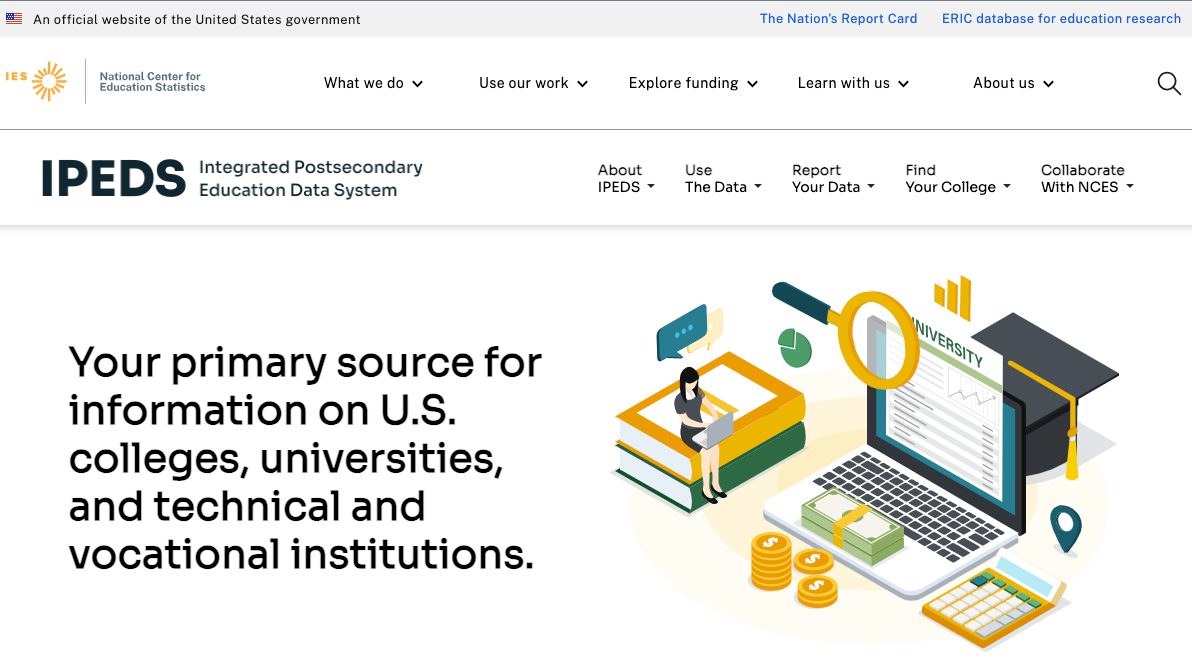
In an era where multitasking and constant busyness are often glorified, effective time management is a cornerstone of productivity and well-being. By mastering time management techniques, individuals can achieve their goals with less stress, higher efficiency, and more satisfaction. This article, courtesy of CounselMore, provides an in-depth look at several strategies designed to optimize the use of time. Let’s take a look.
Prioritize Tasks
Effective time management begins with the ability to differentiate between what is important and what is urgent. Important tasks are those that contribute significantly to your long-term goals and values, while urgent tasks require immediate attention but may not be as consequential in the long run. The Eisenhower Box is a practical tool in this context. By categorizing tasks into four quadrants – important and urgent, important but not urgent, not important but urgent, and not important and not urgent – you can focus on what truly matters.
Task-Specific Software
Using task-specific software can significantly enhance your productivity by streamlining tasks tailored to your unique business needs. Specialized software automates processes, reducing manual work and minimizing the risk of errors. By using tools designed for your field, you can optimize workflows, improve data management, and ensure better alignment with industry regulations. This leads to improved outcomes, saving you time and resources while allowing you to focus on growth and innovation in your business.
Time Blocking Technique
Time blocking is a powerful method to manage your daily activities. It involves planning your day in advance and dividing it into blocks of time, each dedicated to a specific task or group of tasks. This technique helps you avoid the pitfalls of multitasking and ensures that you allocate adequate time to each task. By assigning tasks to specific time blocks, you can focus more effectively and minimize distractions.
The Pomodoro Technique
The Pomodoro Technique, developed by Francesco Cirillo, is a time management method that uses a timer to break work into intervals, traditionally 25 minutes in length, followed by short breaks. These intervals are called Pomodoros, named after the tomato-shaped kitchen timer Cirillo used. This technique encourages frequent breaks to reduce mental fatigue and enhance concentration. It’s particularly effective for tasks that require sustained focus and for individuals who struggle with time management.
Minimizing Distractions
A key aspect of time management is the ability to minimize distractions. Distractions can derail your focus and significantly reduce productivity. To combat this, control your physical environment to limit interruptions. This might involve locking your office door or using signage to signal when you're not to be disturbed.
Learning to Say No
An often-overlooked aspect of time management is the ability to say no. Taking on too many tasks can lead to stress and burnout. It’s important to assess your workload and only commit to new tasks if they align with your priorities and you have the capacity to handle them. Saying no is not just about rejecting requests; it's about setting boundaries and respecting your time and commitments.
Batching Email Checking
Counselors’ Role in Navigating This Milestone
As private college counselors, you’re uniquely positioned to help families navigate the complexities of turning 18. Here’s how:
- Holistic Guidance:
Use this milestone as an opportunity to educate families on rights and responsibilities, integrating these discussions into broader college and life planning.
- Resources and Tools:
Provide resources on topics like FERPA, HIPAA, and financial literacy. Consider creating checklists or guides tailored to your clients’ needs.
- Empowering Independence:
Help students understand their newfound freedoms and responsibilities while emphasizing the importance of thoughtful decision-making.
Supporting Families Beyond College Planning
Turning 18 is more than a legal milestone; it’s a critical point of transition that shapes how students approach adulthood. By addressing these changes comprehensively, counselors can position themselves as invaluable resources, helping families feel confident and prepared for the journey ahead.
This guide serves as a foundation for counselors to provide meaningful, relevant advice, ensuring every family feels supported as their student steps into this new chapter of life.
Emails can be a major distraction if not managed properly. Rather than checking emails sporadically, allocate specific times for this task. This approach prevents emails from disrupting your workflow and helps you focus on tasks without constant interruption. During these scheduled email-checking times, process all your emails: reply, delete, delegate, or file them. This not only keeps your inbox under control but also frees up mental space for other tasks.
Adopting effective time management practices transforms the way we approach our daily lives, leading to increased productivity, reduced stress, and a more fulfilling personal and professional journey. It's about understanding the value of each moment and using it to enhance our overall quality of life, not just to complete more tasks. Through mindful organization and planning, we unlock the potential to achieve our goals while nurturing a balanced and satisfying lifestyle.


















